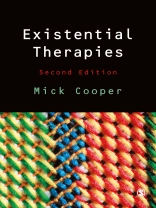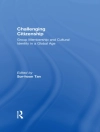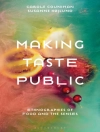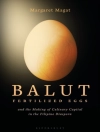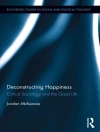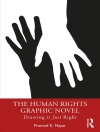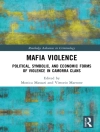What does it mean to practice therapy in an existential way? What are the different existential approaches? What are their strengths and limitations?
Focusing on practical, face-to-face work with clients, the book introduces students to six existential therapies, highlighting areas of commonality and difference, and discusses key figures and their contributions, including Yalom, van Deurzen, Spinelli, Frankl and Laing. It outlines the critical perspectives and key debates, and presents implications for practice, reflection and further reading.
Fully updated to reflect current issues, this book now includes:
· Sections presenting research evidence for each approach
· An extended case study running through the book, demonstrating how different therapies might approach the same case
· Chapter overviews, questions for reflection, and additional case studies of actual existential practice.
Inhaltsverzeichnis
Introduction: The Rich Tapestry of Existential Therapies
Existential Philosophy: The Meaning of Being
Daseinsanalysis: Foundations for an Existential Therapy
Meaning-Centred Therapies: Discovering Meaning and Purpose in Life
Existential-Humanistic Therapy: Overcoming a Resistance to Life
R. D. Laing: Meeting without Masks
Existential-Phenomenological Therapy: The Exploration of Existence
Dimensions of Existential Therapeutic Practice
Discussion: Challenges and Possibilities for the Existential Therapies
Über den Autor
Mick Cooper is Professor of Counselling Psychology at the University of Roehampton, where he is Director of the Centre for Research in Social and Psychological Transformation (CREST). Mick is a chartered psychologist, a UKCP registered psychotherapist, and a Fellow of the BACP. Mick is author and editor of a range of texts on person-centred, existential and relational approaches to therapy; including Working at Relational Depth in Counselling and Psychotherapy (2005, SAGE, with Dave Mearns), Pluralistic Counselling and Psychotherapy 2011, SAGE, with John Mc Leod) and Existential Therapies (2nd edn, 2017, SAGE). Mick has led a series of research studies exploring the processes and outcomes of humanistic counselling with young people. Mick is the father of four children and lives in Brighton on the south coast of England.
